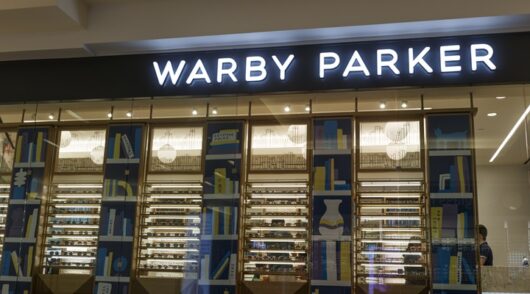Tapestry and Capri Holdings will jointly appeal the US District Court for the Southern District of New York’s decision to allow the Federal Trade Commission to block the $8.5 billion merger of the two companies.
“Antitrust has come into fashion,” said Judge Jennifer L Rochon in her ruling, supporting the FTC’s argument that the merger will eliminate direct head-to-head competition between the two parties and will give Tapestry a dominant share of the “accessible luxury” handbag market.
Tapestry is the parent company of Coach and Kate Spade while Capri Holdings owns Michael Kors.
“Today’s decision granting the FTC’s request for a preliminary injunction is disappointing and, we believe, incorrect on the law and the facts,” said Tapestry in a statement.
“We face competitive pressures from both lower- and higher-priced products and continue to believe this transaction is pro-competitive and pro-consumer.”
Neil Saunders, GlobalData MD said that the decision will come as a blow to both Tapestry and Capri Holdings, and will restrict the former for its goal to become a bigger house of brands.
“In a slower market, Tapestry will now need to rely on sweating its existing brands harder, which will be challenging,” said Saunders.
The analyst also noted that Capri is in poor shape, and given the ruling, the company would need to find another buyer, which is unlikely to match Tapestry’s offer.
“While the details of the ruling remain a little unclear, we still maintain our view that the blocking of the merger has been made on grounds that do not reflect the realities of the market,” said Saunders.
“There are very few, if any, major competition concerns for the bringing together of the two groups. However, regardless of the irrationality, this is a judgement both parties will likely have to live with.”
In April, the FTC said the merger would affect the benefits of head-to-head competition, which includes competition on price, discounts and promotions, innovation, design, marketing, and advertising.
The deal could also negatively affect the wages and workplace benefits of employees as it would eliminate the incentives for the companies to compete for staff.






